Most haunted places in Japan
Japan is a treasure trove of all things horror, from iconic J-horror films that’ll make your teeth chatter to video games that’ll scare you out of your couch. The Japanese love their creepy stuff, and in a country full of spine-chilling urban legends and ghostly folktales, it isn’t difficult to find inspiration.
We’ve compiled a list of the most haunted places in Japan in real-life, along with the creepy tales behind these locations, for daredevils seeking abandoned places for their next adventure and those who are just here to read some scary stories from beyond the grave. You’ve been warned.
1. Round schoolhouse ruins (沼東小学校)
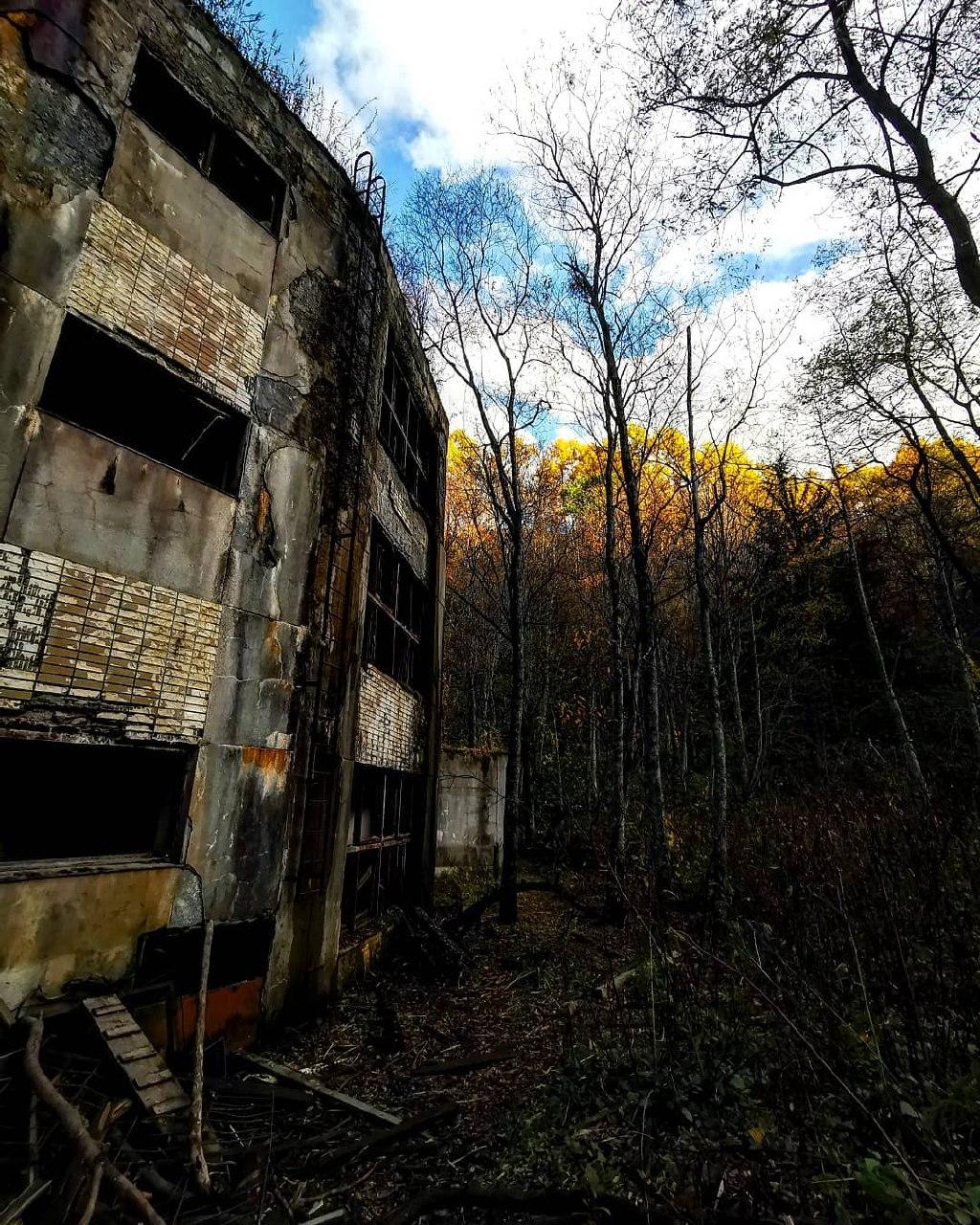
Image credit: @ziyun176
The round schoolhouse ruin is located in a small rural town in Hokkaido, called Bibai. The school was built in 1906, but the eponymous circular school building was only constructed in 1959. Most of the children that went to the school were children of the coal miners that worked in the Mitsubishi coal mine nearby.
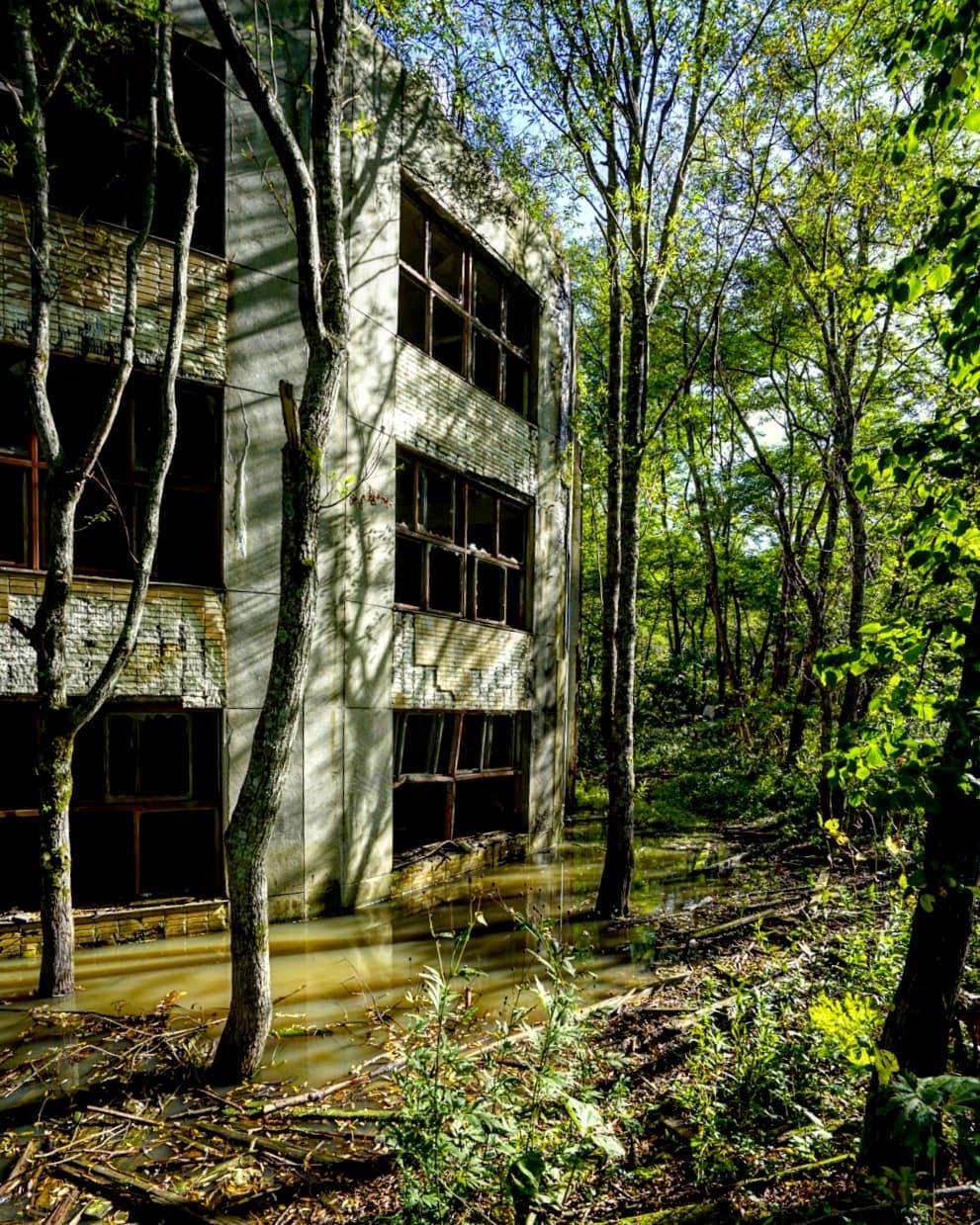
Image credit: @hokkaido_asahikawa_4484
It’s surrounded by overgrown woods, and the only way to get to the ruins is by trekking through it. You can spot abandoned cars in the road leading up to the woods – go figure.
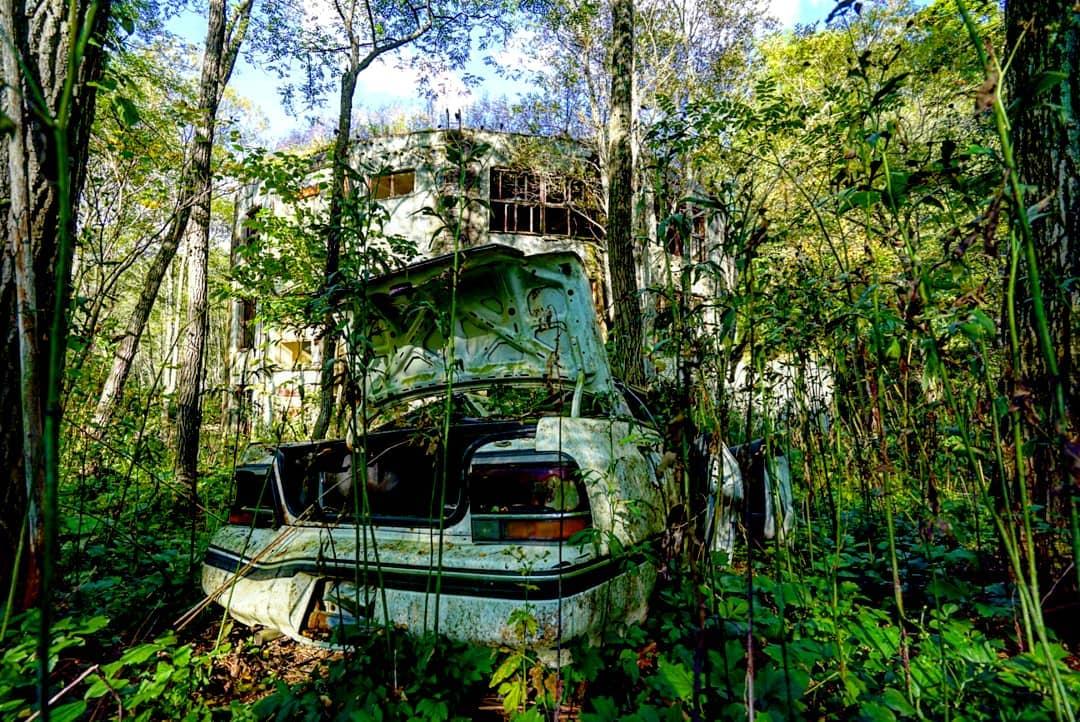
Image credit: @hokkaido_asahikawa_4484
The school was abandoned in 1974 after Japan slowly shifted towards importing coal instead.
Much of the school furniture was left behind, such as the desks and chairs.
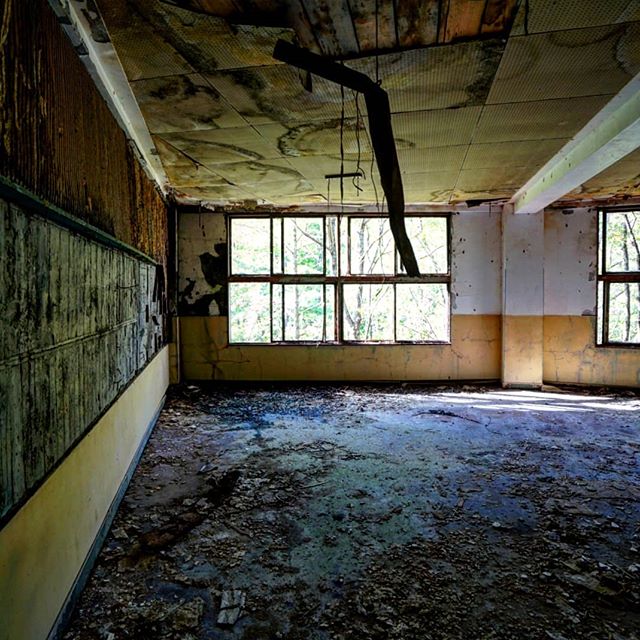
Image credit: かえるさん鬼引き
There are stories of people who ventured into the schoolhouse ruins but returned deranged, traumatised by what they saw inside the school. Some have never returned.
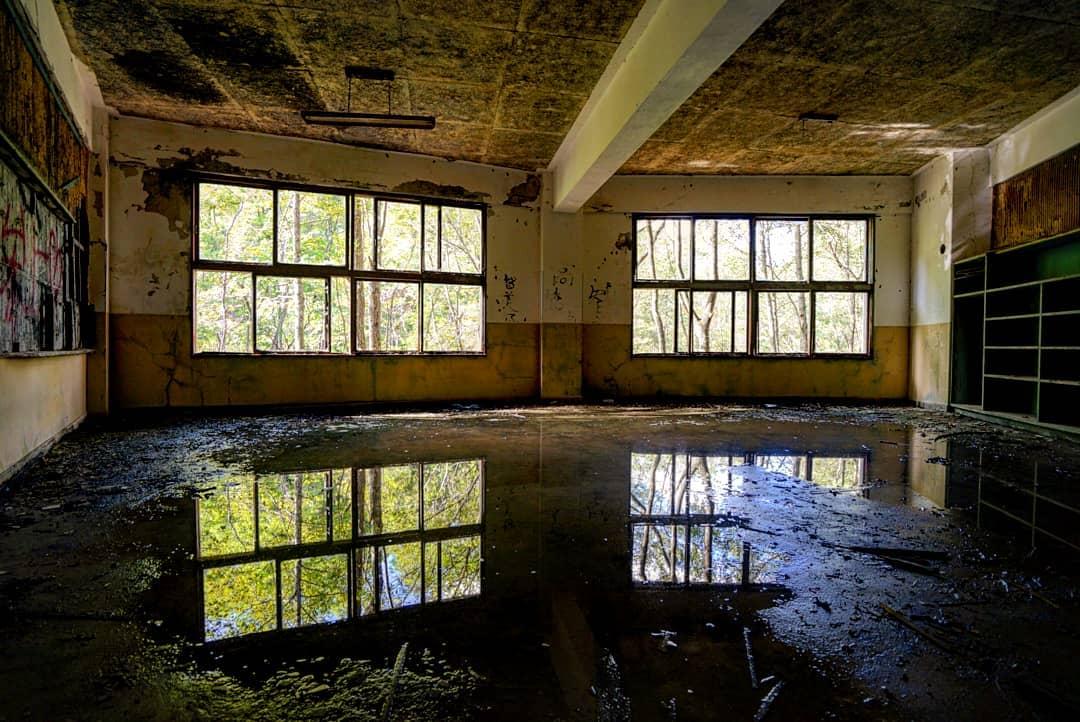
Image credit: @hokkaido_asahikawa_4484
According to rumours, people have reported hearing voices and footsteps, the feeling of being watched, shrill screams from the woods at night, and even attacks from shadowy figures that emerge from the woods.
One story goes that a group that decided to explore the ruins of the schoolhouse was attacked and had barely made it back to their car before the figure slammed into it and disappeared.
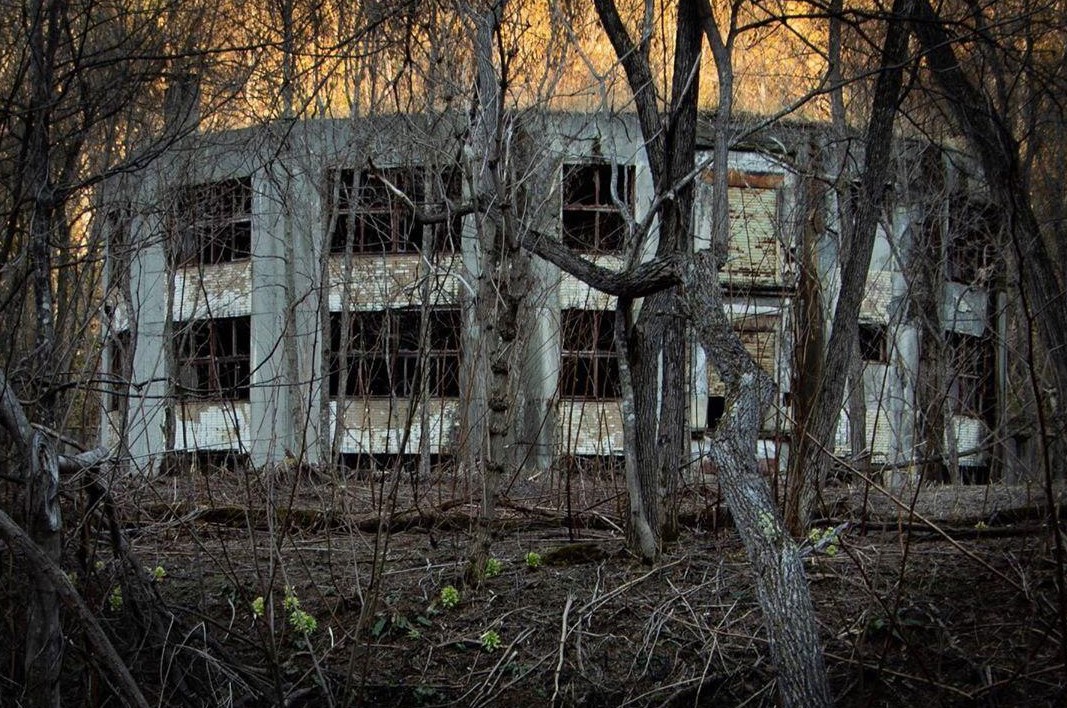
Image adapted from: @tysk159
It was once a popular spot for ghost-hunting back in the 70s and 80s. Although it’s no longer as popular these days, a handful of daring souls still visit once in a while.
According to a group of paranormal investigators that encountered a shimmering patch in the school building, the site is an interdimensional portal.
Japanese mediums refuse to go anywhere near the site because of the heebie-jeebies they get.
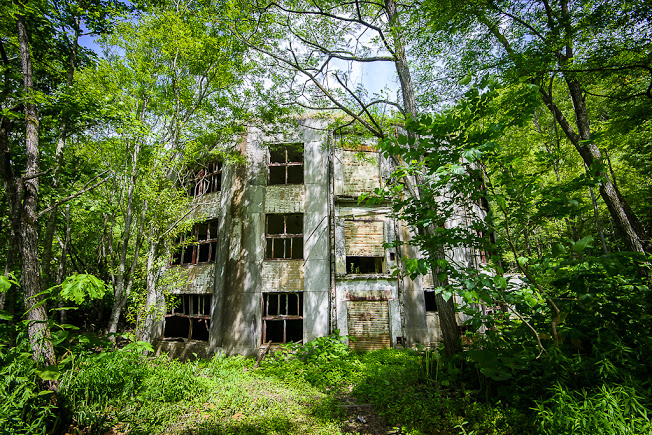
Image credit: かえるさん鬼引き
Address: Higashibibaicho, Bibai, Hokkaido 072-0000, Japan
2. Oiran Buchi Bridge (花魁淵)
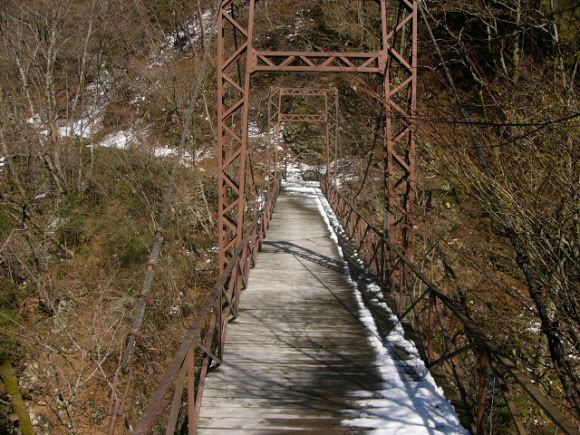
Image credit: S Jun
Oiran Buchi, which translates to “Courtesan Gorge”, is a suspended bridge situated off Highway 411 in Yamanashi Prefecture. It overlooks the surrounding area, which has great natural scenery. The picturesque cliffs and river, however, hide a dark past – it’s said to be the site where 55 oiran perished in the 16th century.
According to legend, back in the Sengoku Era (15th century), the area had gold mines that were run by the Takeda Clan. The clan also ran brothels to keep the guards and miners entertained. These brothels kept oiran (花魁) – high-ranking prostitutes also referred to as “courtesans”. They were prized for their beauty, and you can imagine that they were regularly visited.
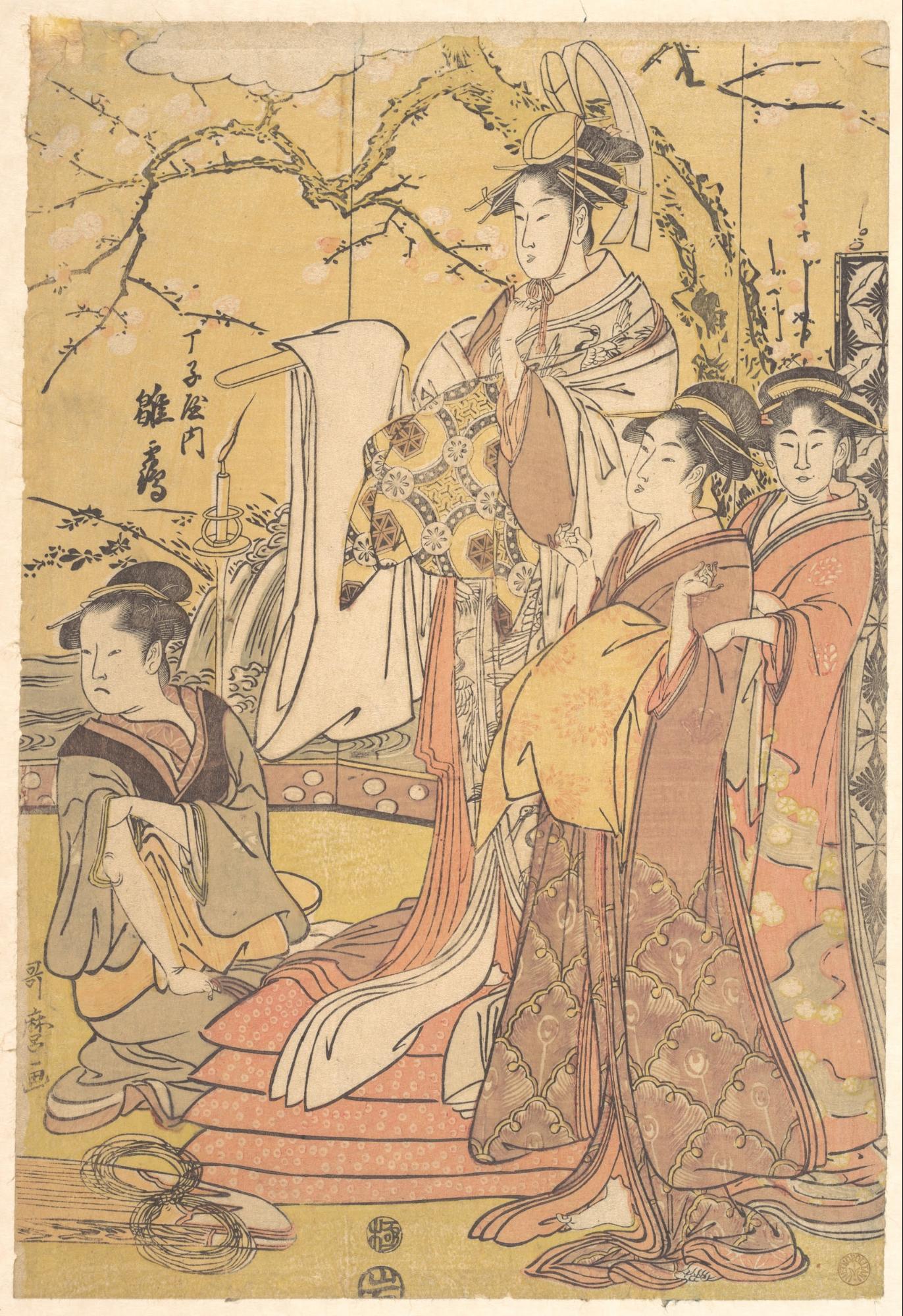
Image credit: The Francis Lathrop Collection, Purchase, Frederick C. Hewitt Fund, 1911
Following a lost battle, the Takeda Clan had to retreat and abandon their mines. They didn’t want the mines to fall into the hands of their enemies, so the clan lined up all 55 courtesans on the bridge before chopping off the ropes in a bid to silence them. The women plunged to their deaths, into a watery grave at the bottom of the valley. It is said that their vengeful screams can still be heard till this day.
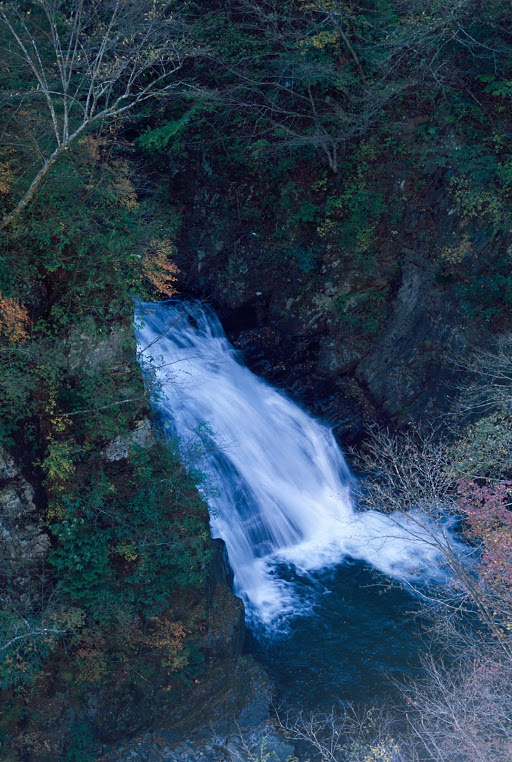
Image credit: Google Maps
The locals still believe that the area is haunted by strong, vengeful spirits. They claim that they feel a strange, cold feeling while passing by the area. The forbidding mountains surrounding the area certainly add to the eerie atmosphere. While the road leading to the bridge is blocked, the highway outside is the site of multiple fatal accidents.
Address: Enzanichinose Takahashi, Koshu, Yamanashi 404-0021, Japan
3. Nakagusuku Hotel ruins (中城ホテル跡)
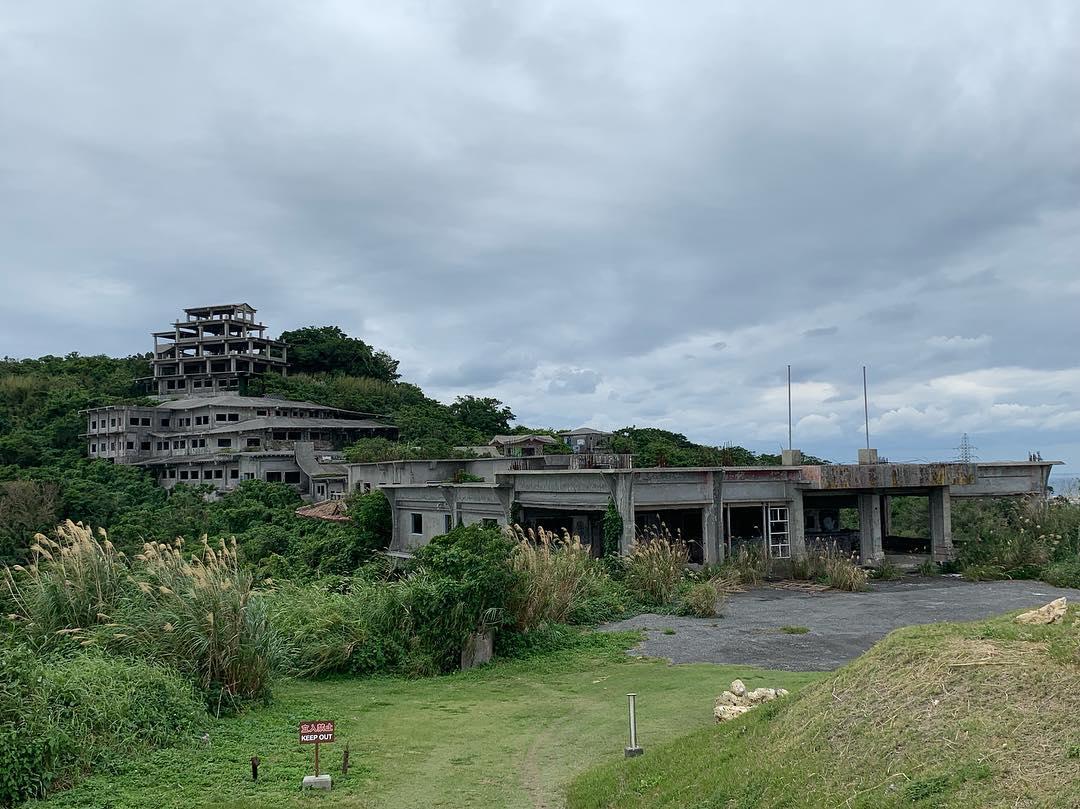
Image credit: @derachi
The ruins of the Nakagusuku Castle in Okinawa are a famous tourist attraction, but the nearby Nakagusuku Hotel ruins aren’t as well-known, even though it’s only 50 metres away from the castle walls.
It’s believed that a rich developer from Naha, the capital city of Okinawa, wanted to build a hotel and leisure park to capitalise on the tourists attending the 1975 Okinawa Ocean Exposition. The hotel’s site seemed ideal – it was chosen to be on the hill south of the castle, and it had a scenic view of both the castle and the sea.
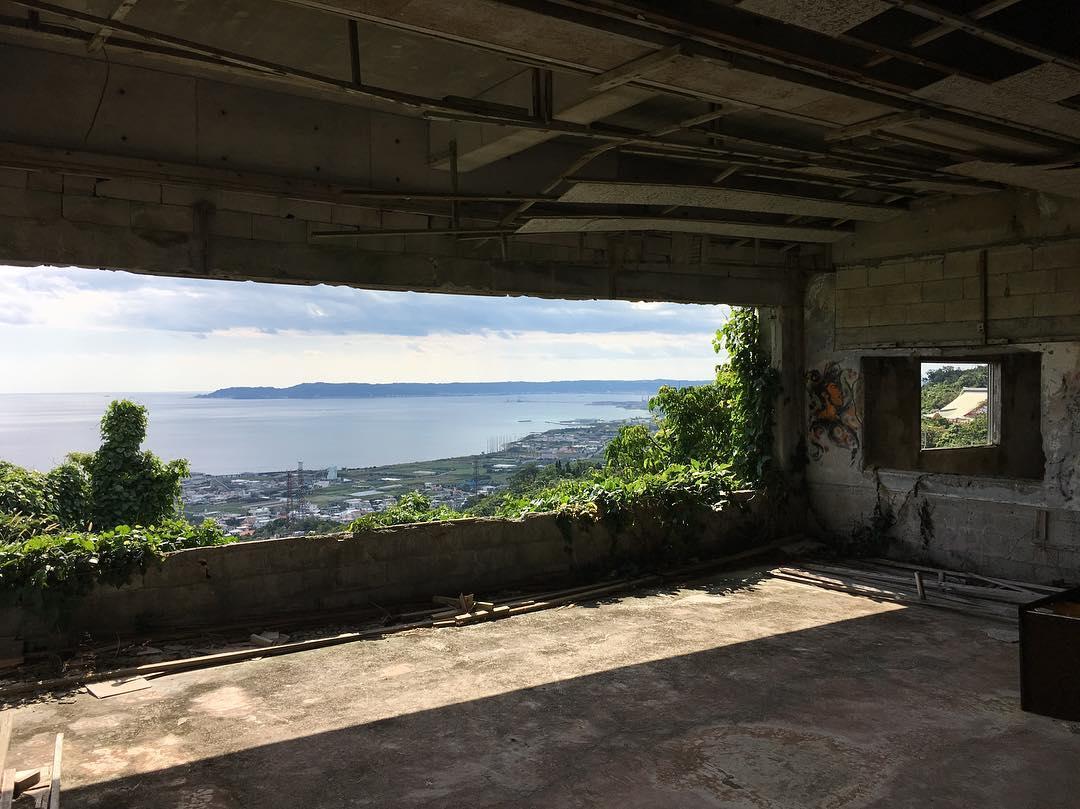
Image credit: @domisotaka68
But Buddhist monks warned that ancient graves and sacred sites lay upon that hill, and that angering the spirits was not wise. After multiple mishaps which delayed construction, some even fatal, the workers refused to continue and construction ground to a halt.
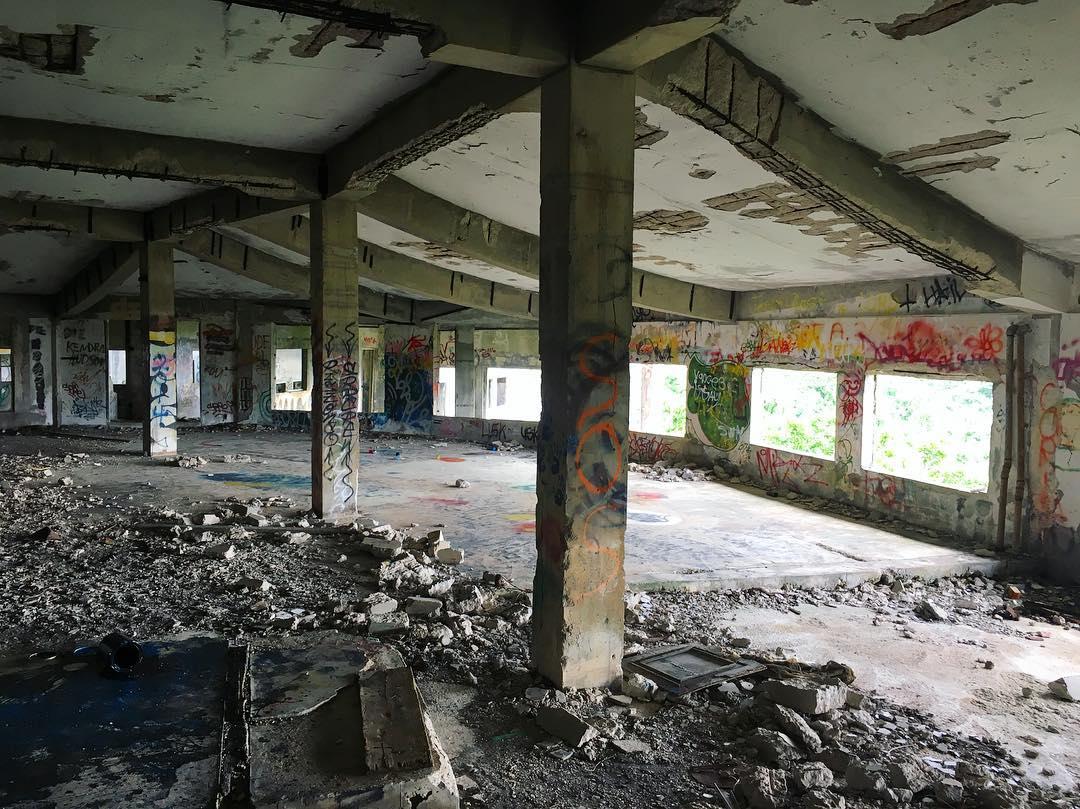
Image credit: @atsukondo48
The owner was exasperated and decided to volunteer to spend a night in the site to dispel any rumours that the place was haunted. When morning came, he was found demented and was admitted into an asylum, where he soon disappeared.
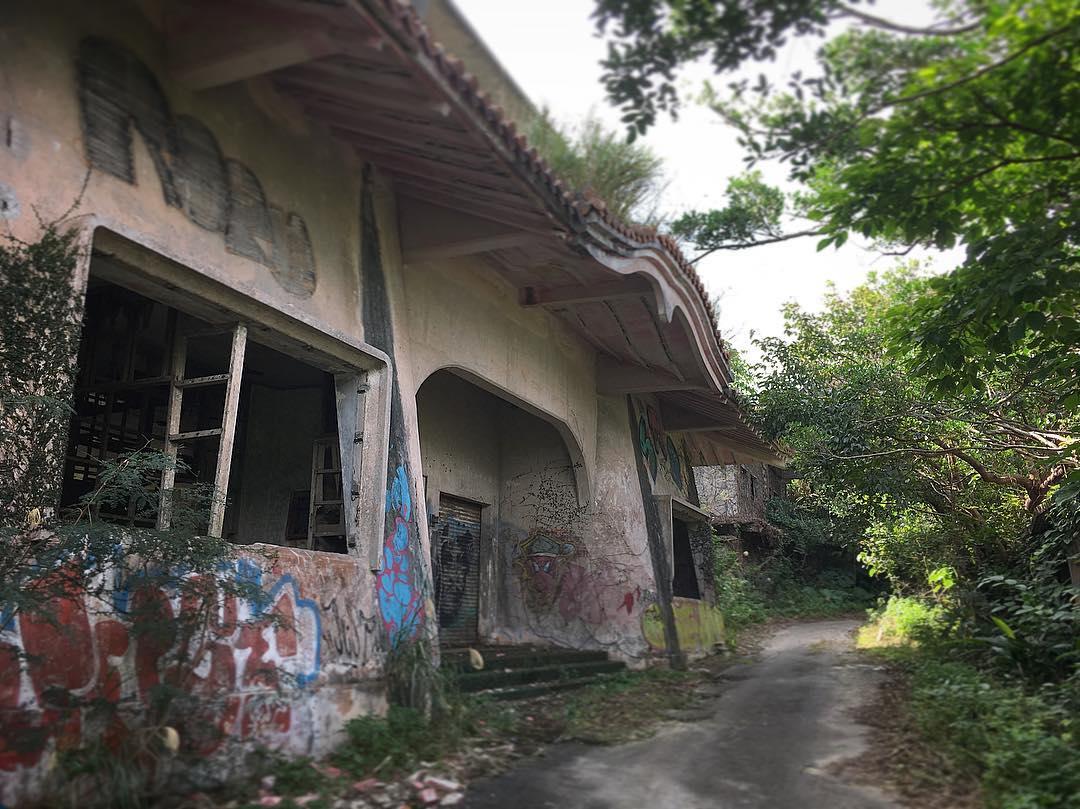
Image credit: @domisotaka68
Today, the unfinished ruins of the sprawling leisure complex still stands there, empty and abandoned. Parts of the complex are overgrown with vegetation and sections of the roof have caved in. While the site is still accessible by a dirt track from the castle, there are signs warning of the unstable infrastructure. Even the US Marine Corps declared the hotel ruins off-limits in 2009 after a serviceman sustained injuries from exploring the area.
Location: Somewhere here.
For more abandoned places in Japan, check out this article about abandoned theme parks in Japan.
4. Camp Hansen Gate 3
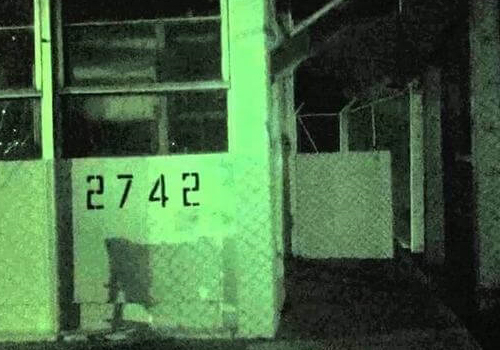
Image credit: Okinawa.org
Okinawa Island was the bloodiest battlefield in the Pacific Ocean theatre of World War II (WWII). Both the Japanese Imperial Army and American forces suffered heavy casualties, with over a quarter of the civilian population either killed or committing suicide. It’s no surprise that a large number of haunted places in Japan are in Okinawa.
Gate 3 of Camp Hansen in Okinawa was said to be haunted by the ghost of a US Marine from WWII. Dressed in blood-splattered WWII-era fatigues and toting a cigarette in his hand, he would approach the security forces at 3AM and ask for a light. The ghost would then disappear after his cigarette was lit.
The hauntings were frequent and the guards were spooked. The entry point was eventually closed because the adjacent gate was more accessible, but some claim otherwise. Some have also seen the ghost of that Marine protecting the gate of the camp from other WWII Japanese soldiers who were haunting the same gate.
Location: Somewhere around here.
5. Okiku’s Well (お菊井戸)
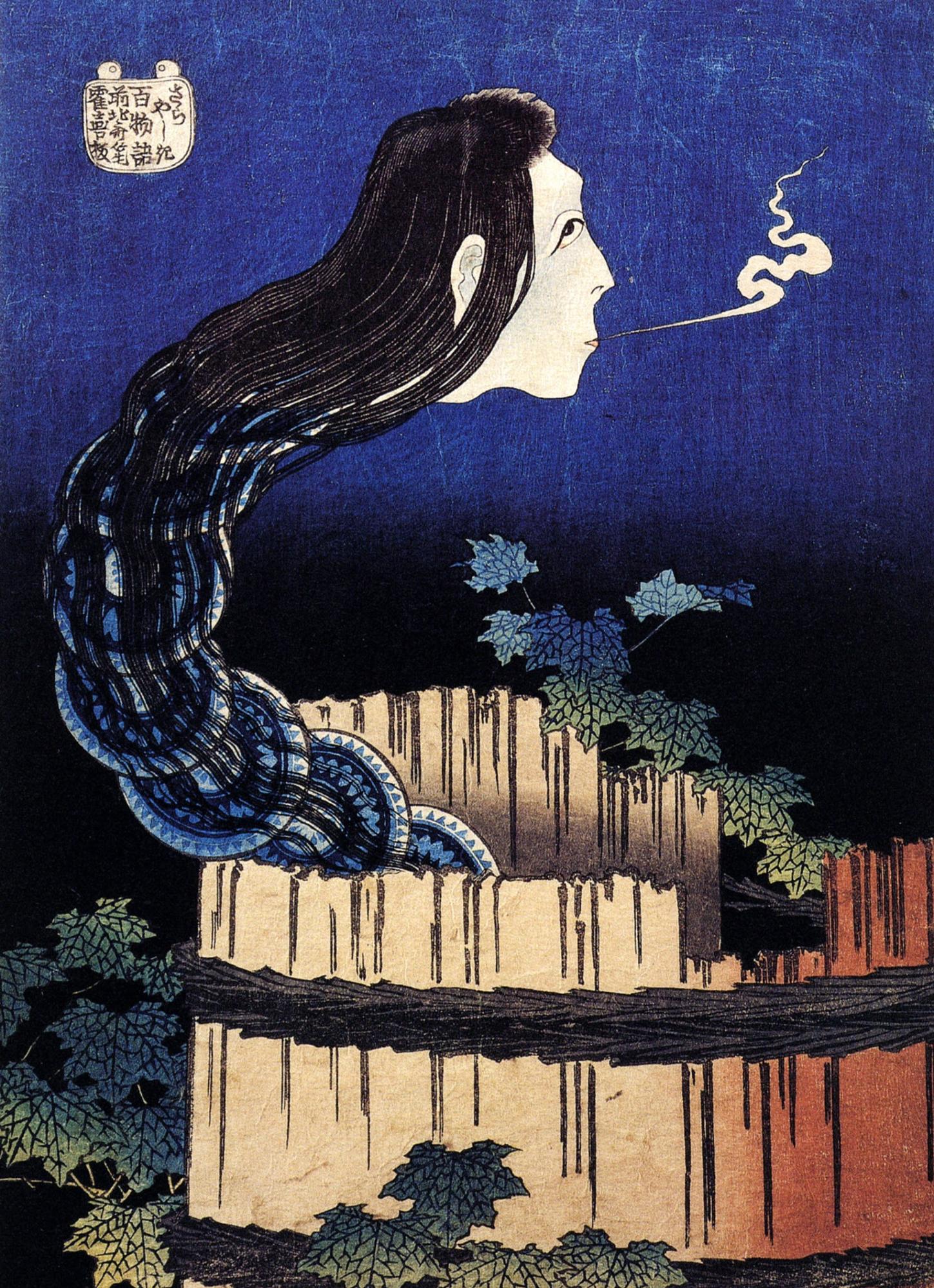
Image credit: Hokusai Sarayshiki
In the era of the shogunate, a samurai, Aoyama Tessan, had taken a liking to a beautiful servant named Okiku. She repeatedly refused his advances, which frustrated the samurai. He devised a plot and hid one of his ten precious heirloom plates, and then blamed its disappearance on the maid. Even though the poor servant frantically recounted the plates over and over again, the tenth was nowhere to be found.
The samurai then offered to pardon her, but only if she’d agree to be his lover. Once again, she refused, and the samurai threw her down a well in his rage.
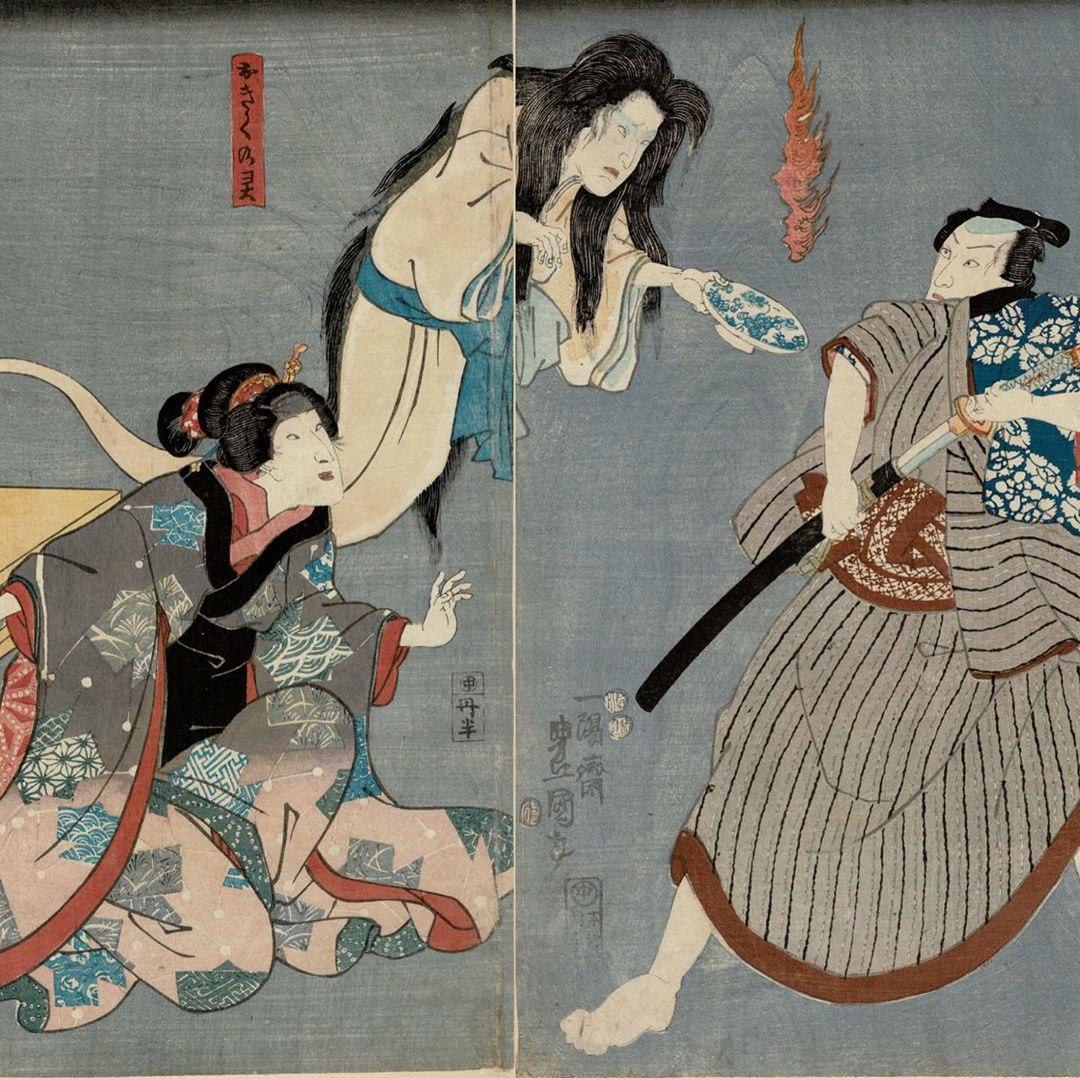
Image credit: @coolarttokyo
It is said that Okiku became an onryo, or vengeful spirit, and rose from the well every night. She’d count from one to nine before letting out an unearthly scream, much like a banshee, to mourn over the tenth plate that she never found.
Some versions of the story were set in the Himeji Palace, which is a popular tourist attraction in Hyogo Prefecture today. In the palace, there is a well called the Okiku-Ido (お菊井戸), or Okiku’s Well. Some claim that at night, when the castle is closed, Okiku’s vengeful ghost still rises nightly to count her plates and shriek.
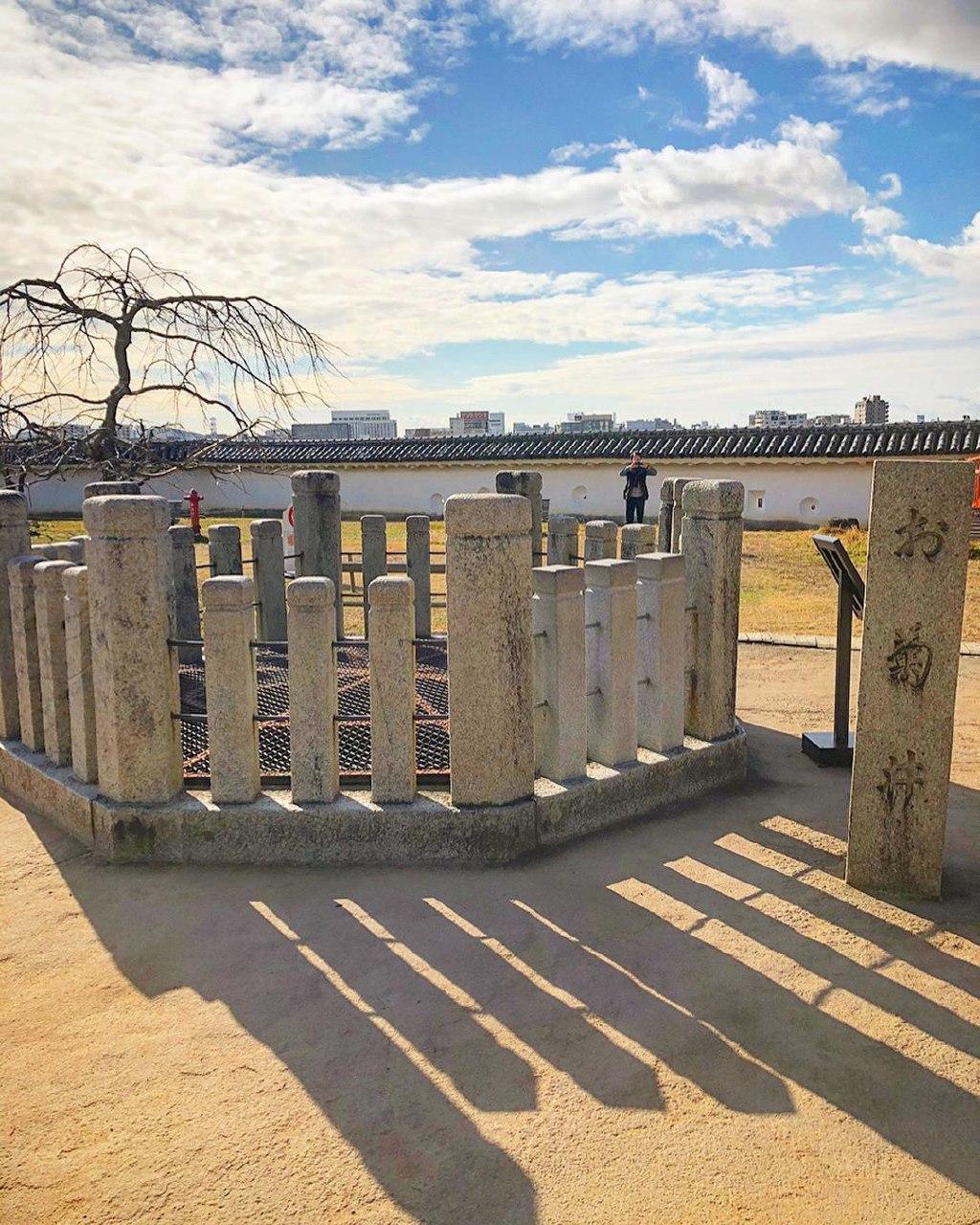
Okiku Ido
Image credit: @lotusland2
Address: 68 Honmachi, Himeji, Hyogo 670-0012, Japan
6. SSS Curve
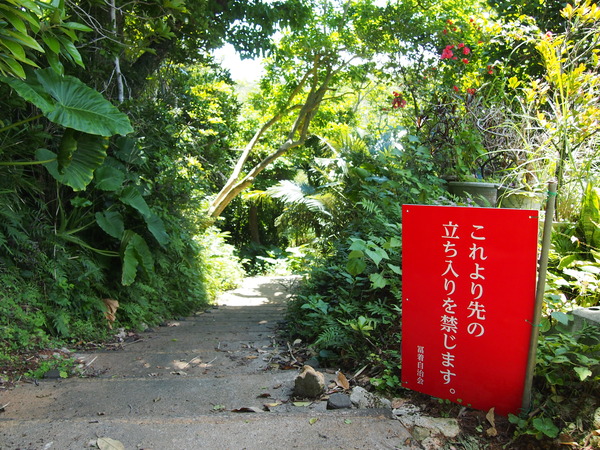
Image credit: 東京別視点ガイド
Very little information can be found about the SSS Curve online, which makes it hard to locate. The name of the spot comes from the S-shaped path leading to it, and one has to trek through the woods to get there.
Reportedly, visitors experience an unnatural cold, nausea, hallucinations, and vomiting. Local psychics say that there’s an overwhelming negative energy, and you can feel as if something is touching you.
Some say that the ghosts of the WWII Japanese soldiers come back to haunt this spot in Okinawa, or that there is a self-mutilating cult that causes the negative vibes. It’s said to be a training ground for psychics and spirit mediums, who try to make contact with the highly-active spirits. It is rumoured that some psychics lose their lives during training here.
You’ll have to hunt around in the forest for the exact spot, but there’s a large red sign forbidding entry. Enter at your own risk.
Location: Somewhere inside here.
7. Ikego Middle Gate
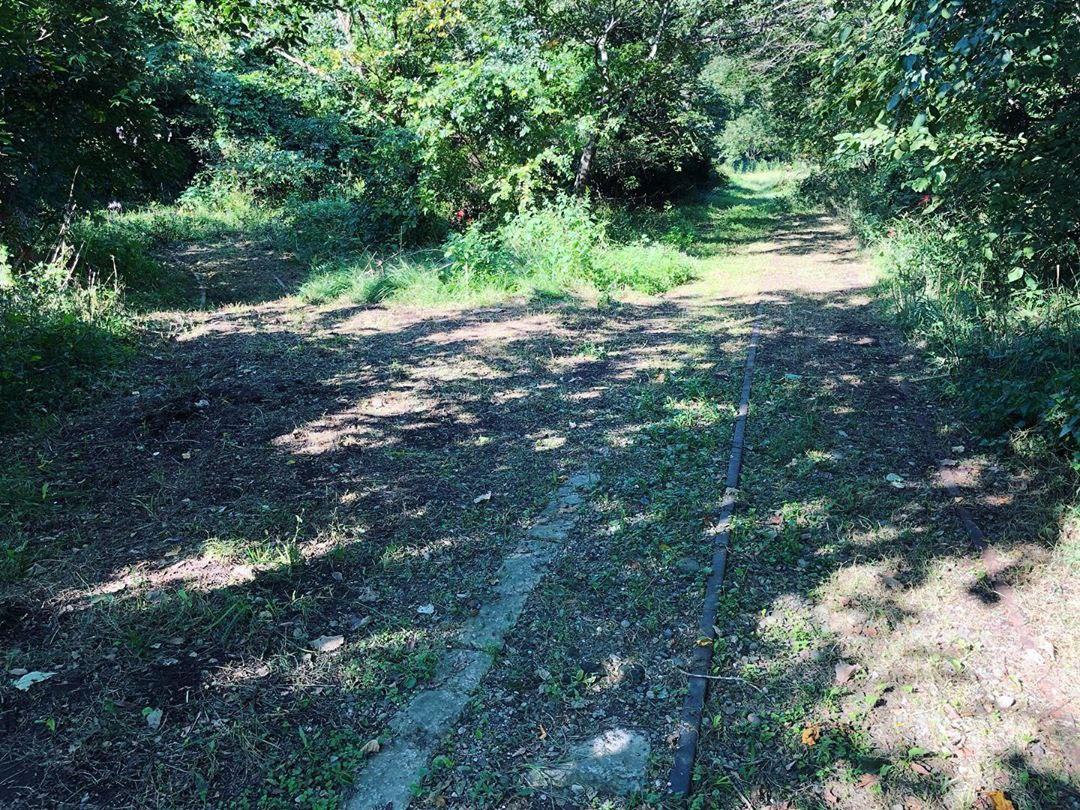
Image credit: @takashi_shibasaki
Located in a US Navy Housing Area campground in Zushi City, Yokohama, Ikego is a thickly-wooded area and it can get quite foggy.
The middle gate to the campground was allegedly a Japanese ammunition depot and prisoner-of-war (POW) concentration camp during WWII, where many prisoners were either executed or worked to death. Guards of the middle gate to Ikego have reported seeing legless Japanese soldiers in WWII-era uniform, as well as hearing disembodied voices and footsteps.
The area surrounding Ikego is also the resting place of about 50 yagura, or ancient burial tombs. These yagura were dug into the cliff sides and contain human bones and artefacts from the 16th and 17th centuries.
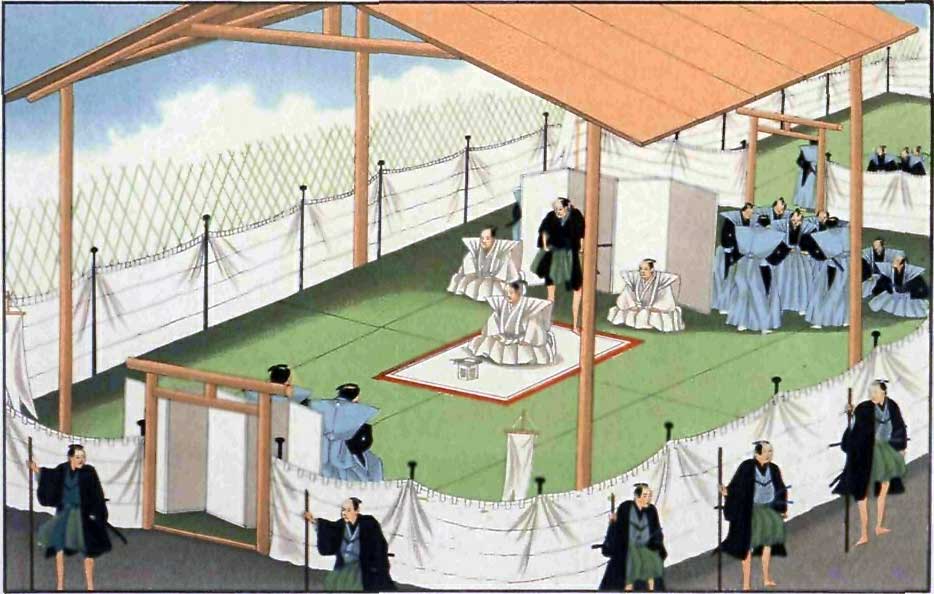
Japanese samurai committing seppuku
Image credit: Project Gutenberg
There are also stories that the area was a battlefield for warring factions of samurai in the 14th century, where many committed seppuku or were beheaded. Ikego’s violent past may explain why there are multiple reports of sightings of ghostly figures in the woods eerily staring back at them.
8. Weekly Mansion Akasaka
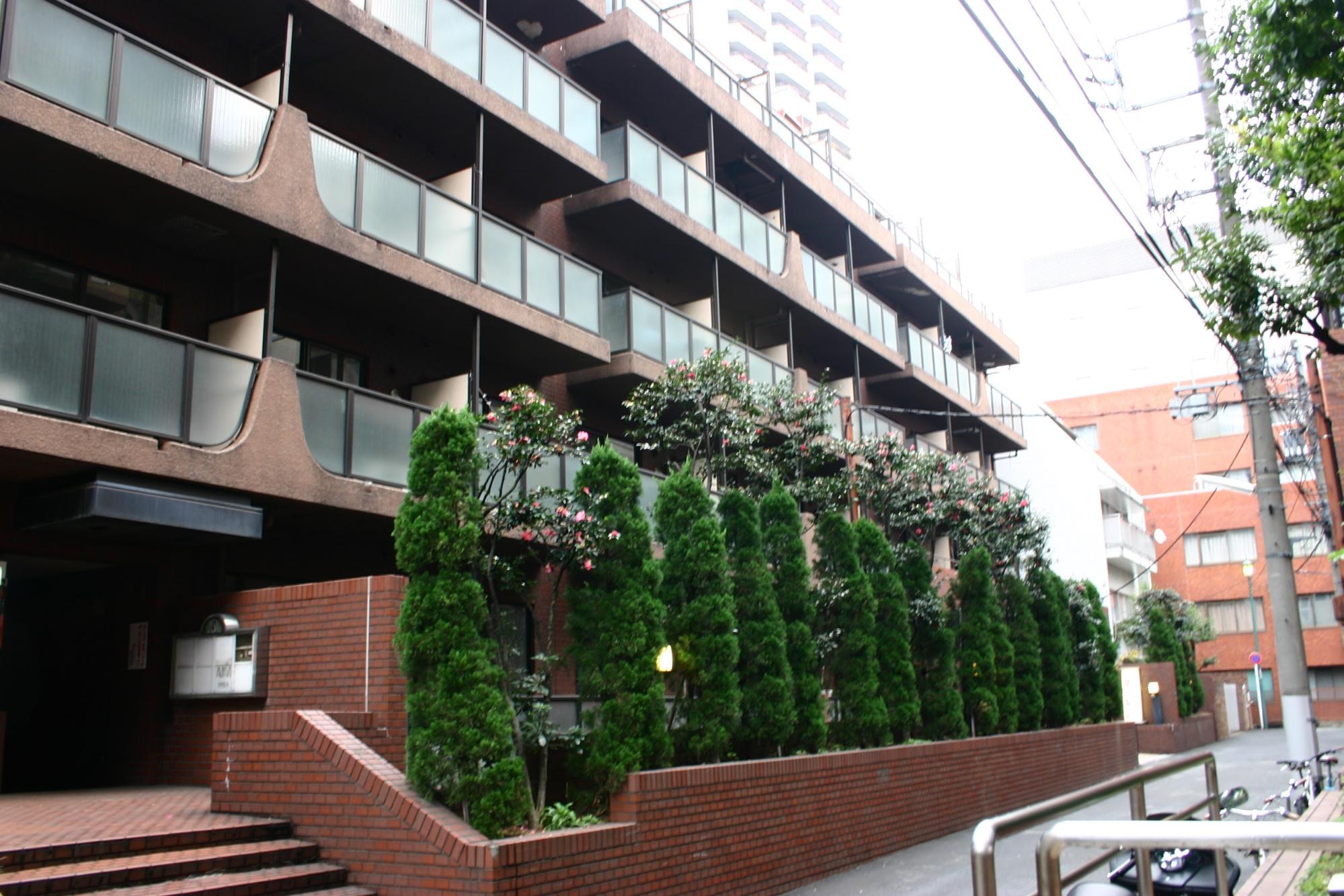
Image credit: Sungsik Cho
It may not look like much, but some claim that the Weekly Mansion Akasaka was the most haunted hotel in Tokyo.
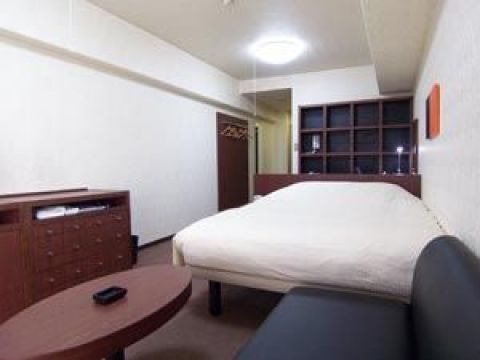
Image credit: Rentalo
Visitors have experienced the haunting in various ways, such as white smoke billowing through the air vents and icy fingers touching guests. More horrifying accounts include a guest being pushed onto a bed and rendered immobile, and fingers stroking guests’ hair as they feigned sleep. One female guest claimed that she was grabbed by her hair and dragged across the room, and later found unexplained scratches across her back.
The mansion was also where four kidnapped elementary school girls were held by a child prostitution ring in 2003.
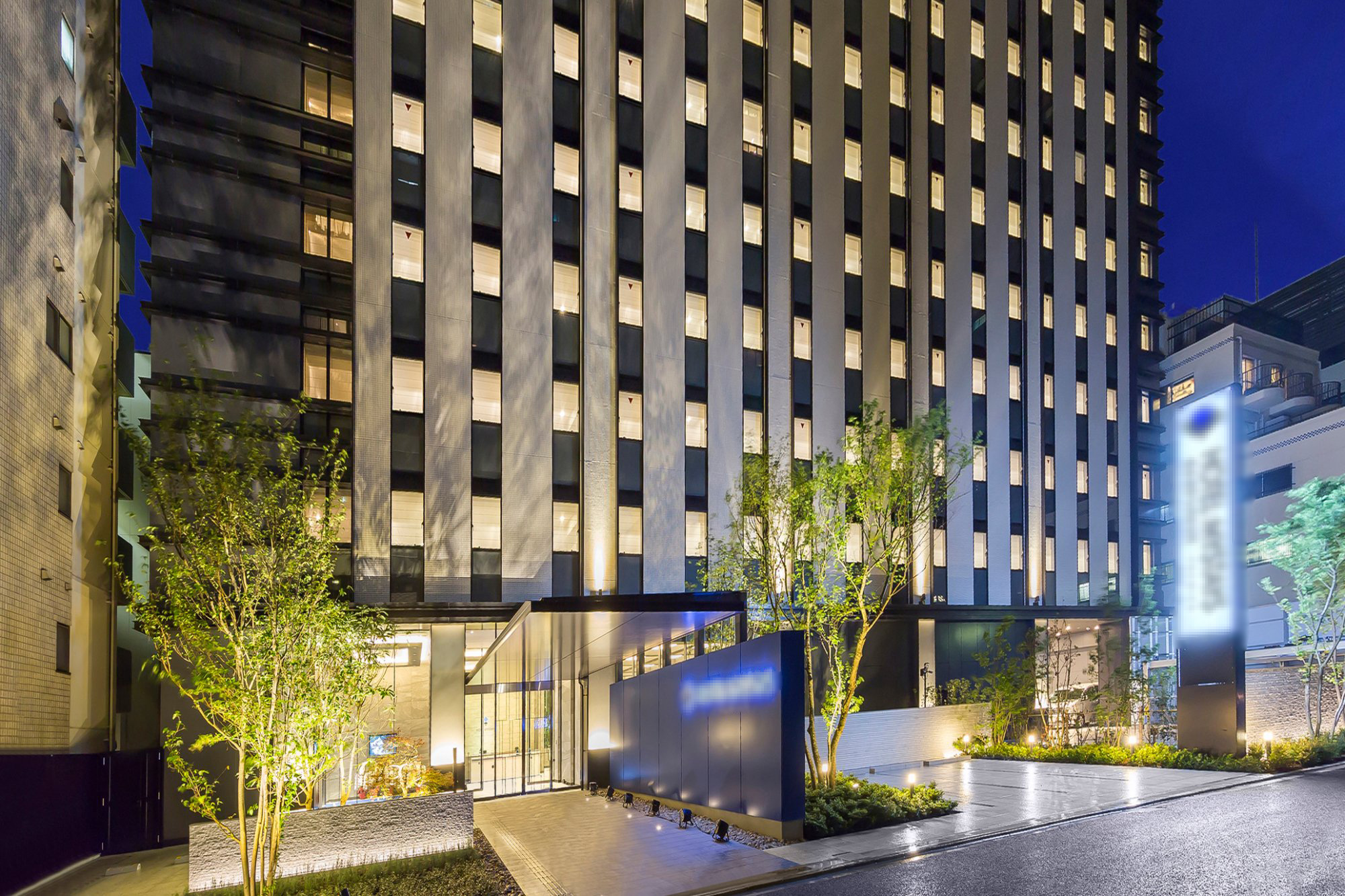
Image credit: Tripadvisor
Today, the mansion has been torn down and a new hotel stands in its place. We won’t name the hotel, but we wonder if ghosts still haunt that spot.
9. Inunaki Tunnel (犬鳴トンネル)
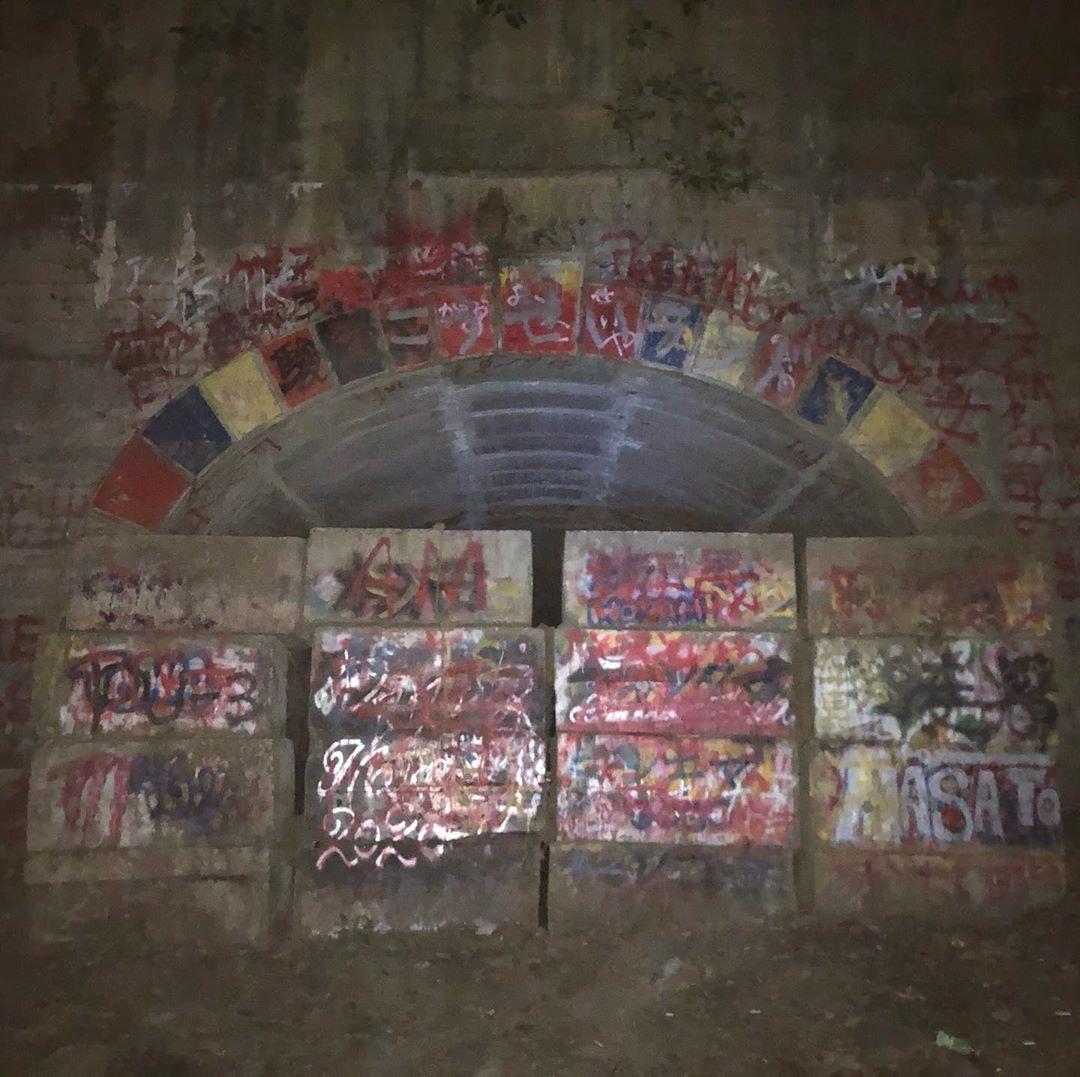
The main entrance of Inunaki Temple
Image credit: @__y__825
The Inunaki Tunnel is a well-known haunted place in Miyawaka Town, Fukuoka Prefecture. There’s even a video game and a movie from the director of the acclaimed Ju-on (2000) based on this place.
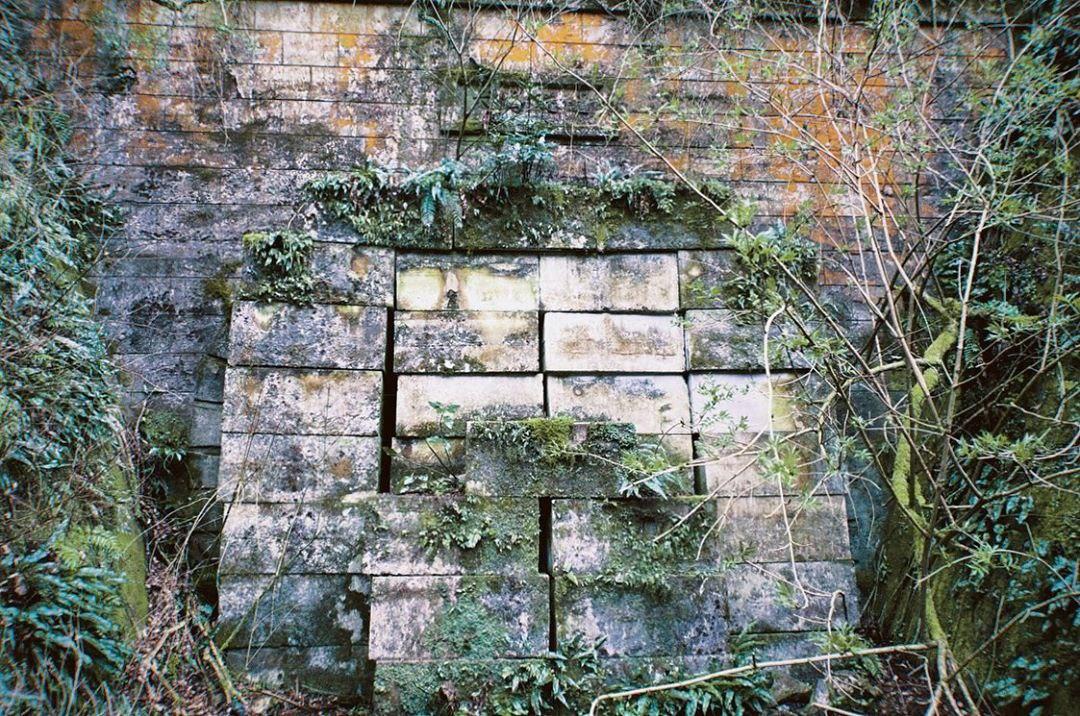
The other end of Inunaki Temple
Image credit: @rlykn_
Inunaki Tunnel translates to “Dog’s Howl Tunnel”, and the tunnel is just as chilling as its name sounds. Opened in 1949, the mountain tunnel saw little traffic because it was remote and eerie. Unsurprisingly, it was also home to biker gangs and eventually fell out of use. It didn’t help that the areas around it are steeped in ghastly urban legends, macabre murders, and suicides.
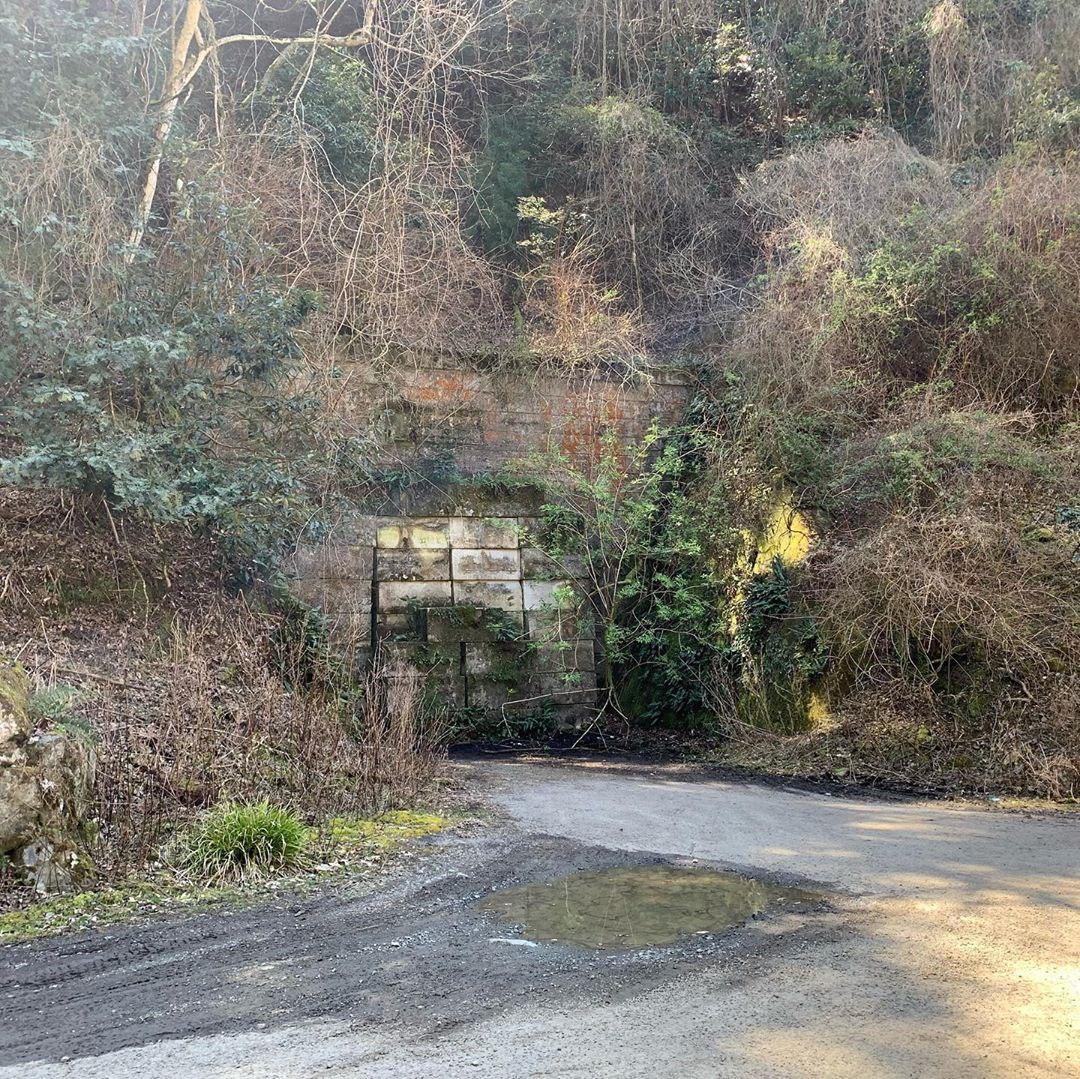
Image credit: @supercub1100
The tunnel is also the scene of a grisly murder. On 6th December 1988, a group of youths aged between 16 and 19 assaulted 20-year-old factory worker, Umeyama Kouichi, before stealing his car and abducting him. Deciding to silence Umeyama to hide their crime, they brought him to the old tunnel and tortured him, even going as far as tying him up and repeatedly smashing a rock against his head.
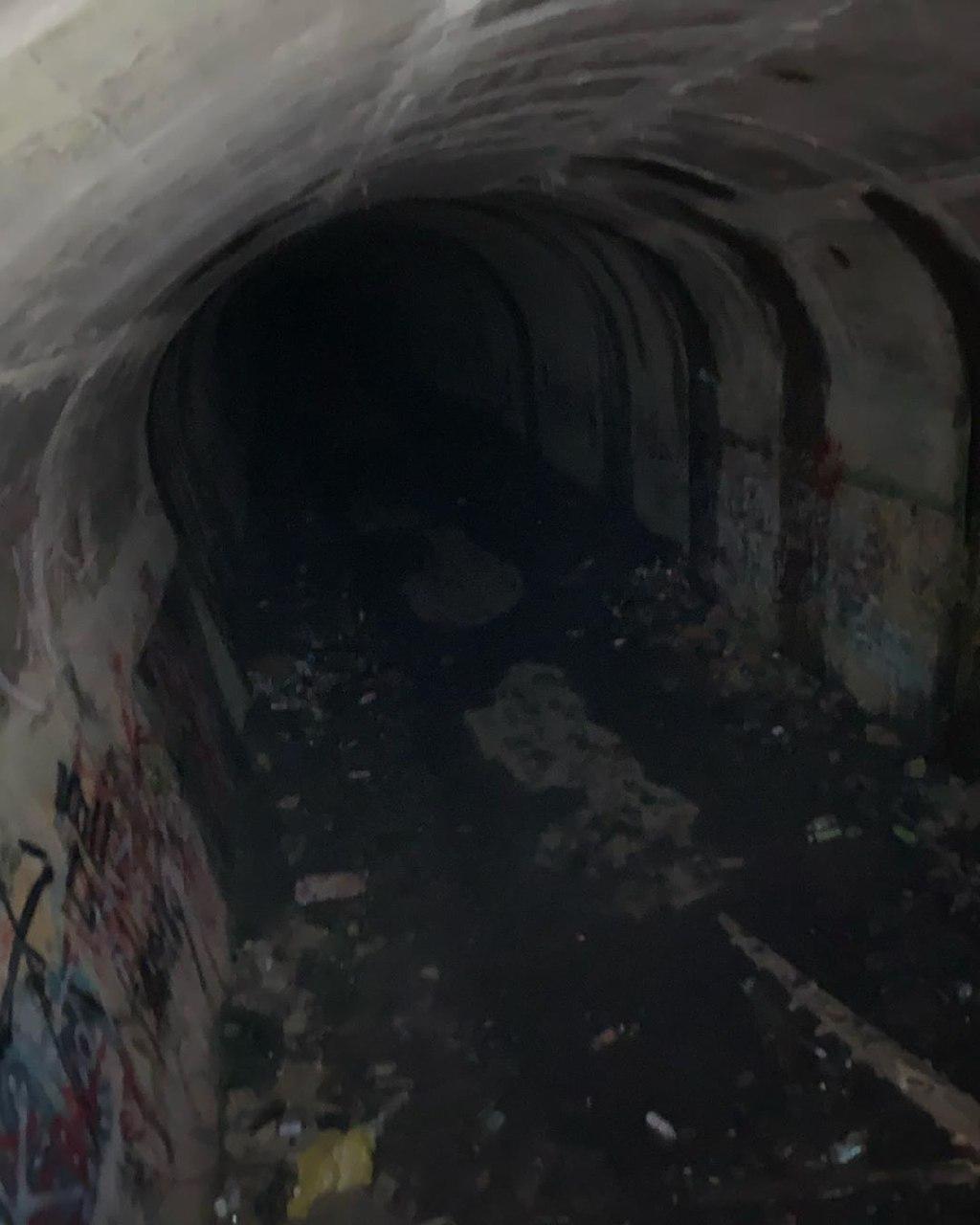
Image credit: @ren_tanaka_516
Finally, the gang doused the poor worker in gasoline. Umeyama was set on fire, and in his maddened state, screamed as he ran to the end of the tunnel before collapsing on the ground and writhing in agony. Some say that his blood and the charred remains of his clothes can still be spotted on the guardrails.
Umeyama’s body was discovered the next day, after the youths were seen in a bar the previous night, boasting about their gruesome deed.
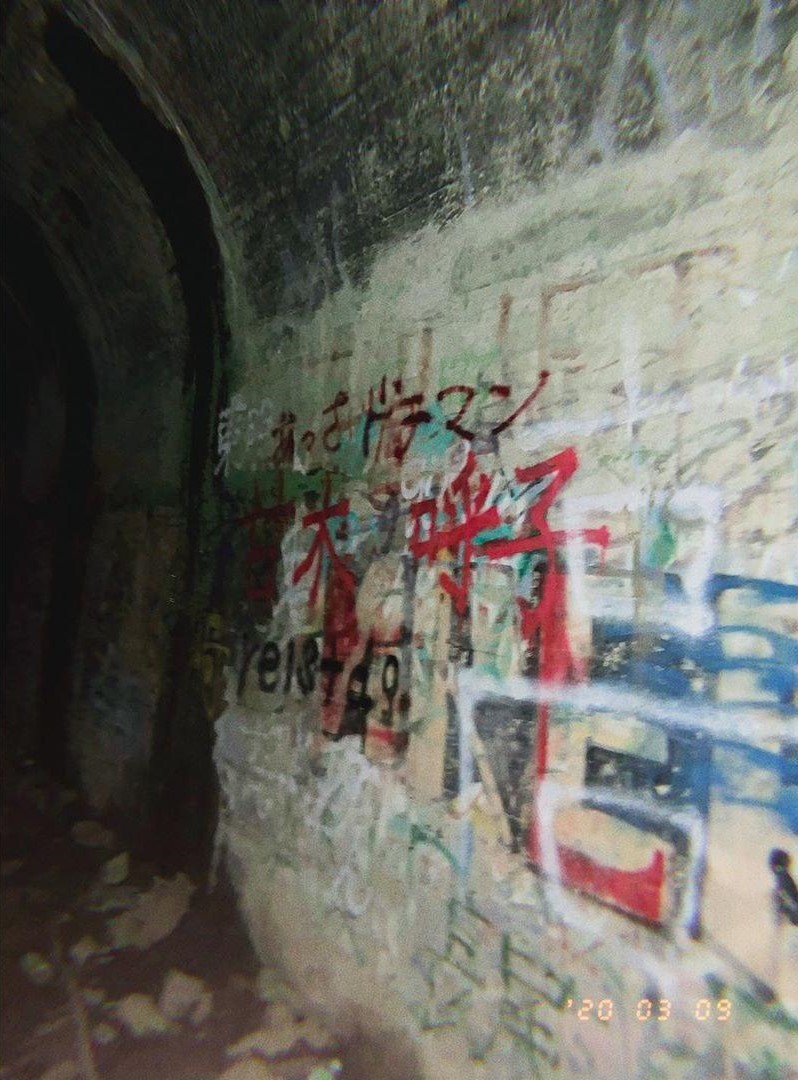
Image credit: @ikki10609
Today, Inunaki Tunnel is off-limits to everyone. There is a fence barricading the road leading to the tunnel, and the tunnel itself is blocked off by cement blocks.
The official reason is that the tunnel is out of commission and no longer maintained, so there’s a risk of the mountain tunnel caving in. That hasn’t stopped foolhardy adventurers from visiting the tunnel though.
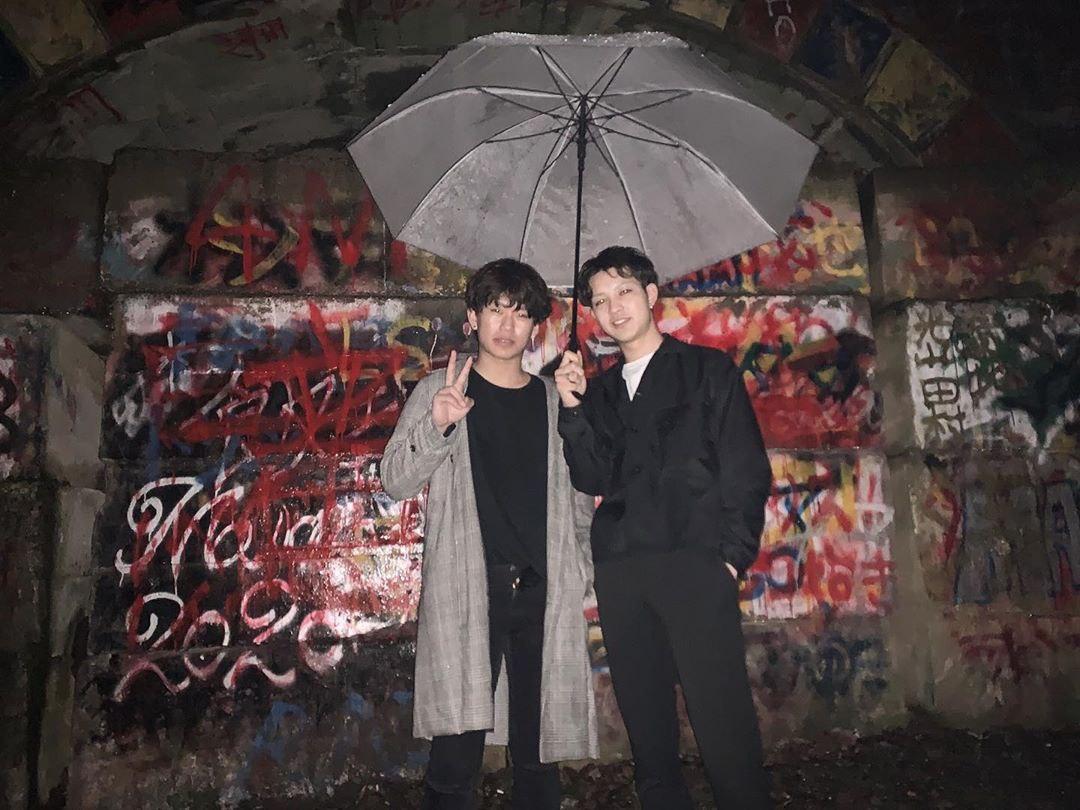
Image credit: @shihiro_0720
The locals claim that cars break down when they’re near the tunnel, and communication devices won’t work in that area. Plus, they get bad vibes from the area, so they’ll avoid it like the plague.
While the tunnel’s barricade is meant to keep these thrillseekers out, it seems a little too easy for humans to climb inside. So, we can’t help but wonder: was it actually meant to keep people out, or was it meant to keep whatever’s inside, inside?
Haunted places in Japan
Are these haunted places really haunted? There’s no way of finding out, but if you do intend on visiting these places, note that not only is it illegal to trespass some of these places, it could also pose a danger to your life. Tread lightly.
If you enjoyed these stories of the occult and crave for more content that’ll make your skin crawl, check out our list of Japanese movies to watch – the horror section might just hit the spot.
Check out these articles:
- Japan travel vloggers to subscribe to
- Simple Japanese dishes to cook at home
- Japanese snack boxes with free shipping
- Boba food trends in Tokyo
- Japanese cocktail recipes
Cover image adapted from (clockwise from left): @tysk159, @rlykn_ and @atsukondo48
